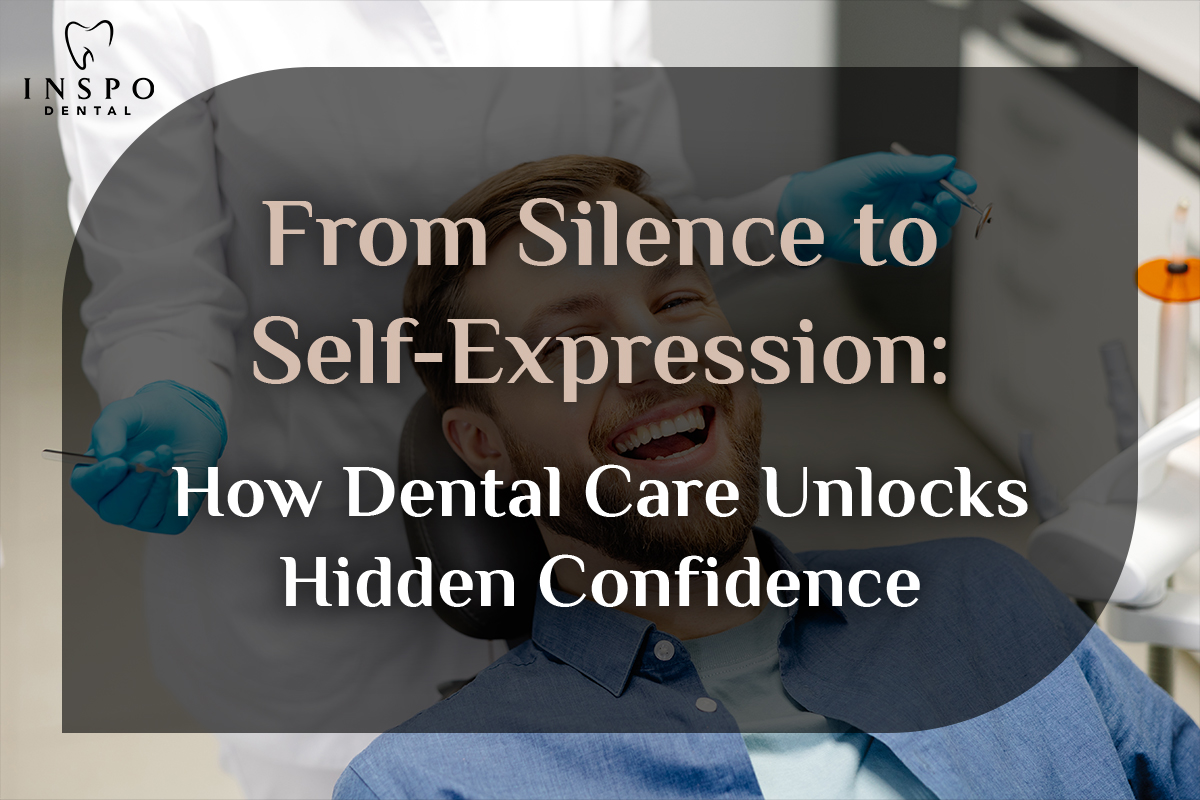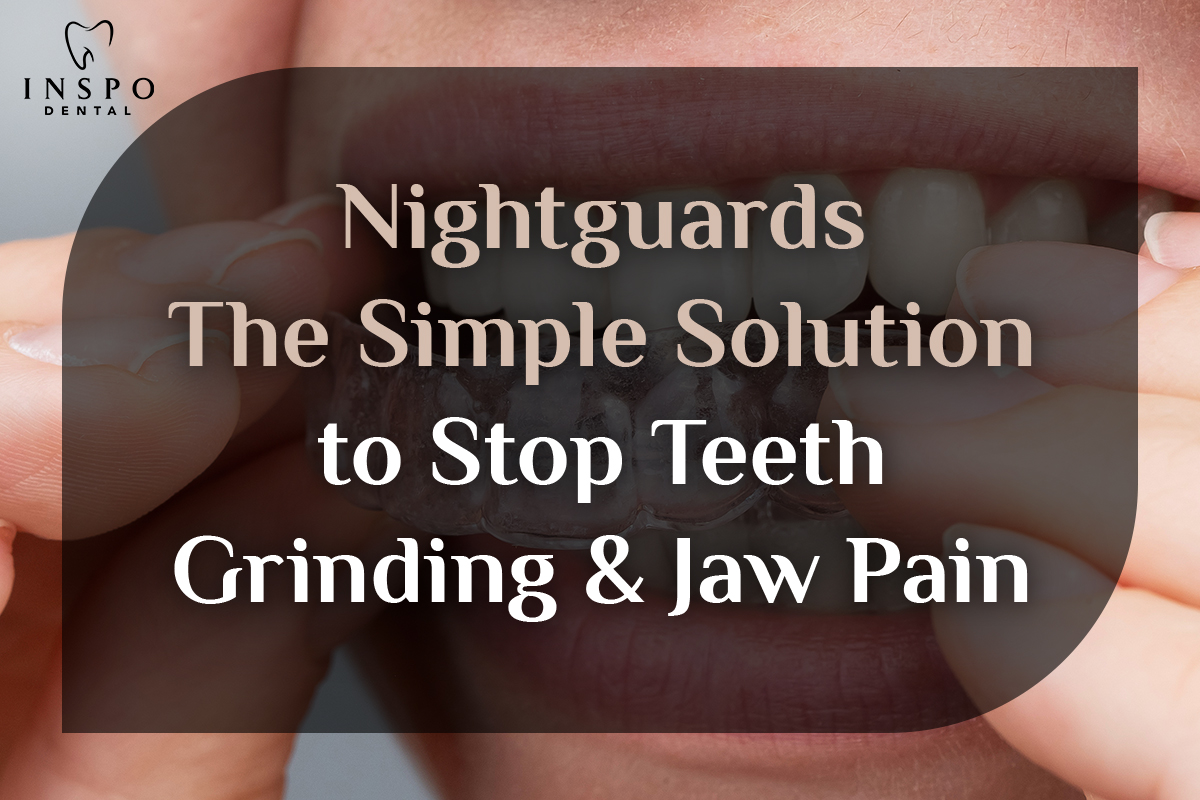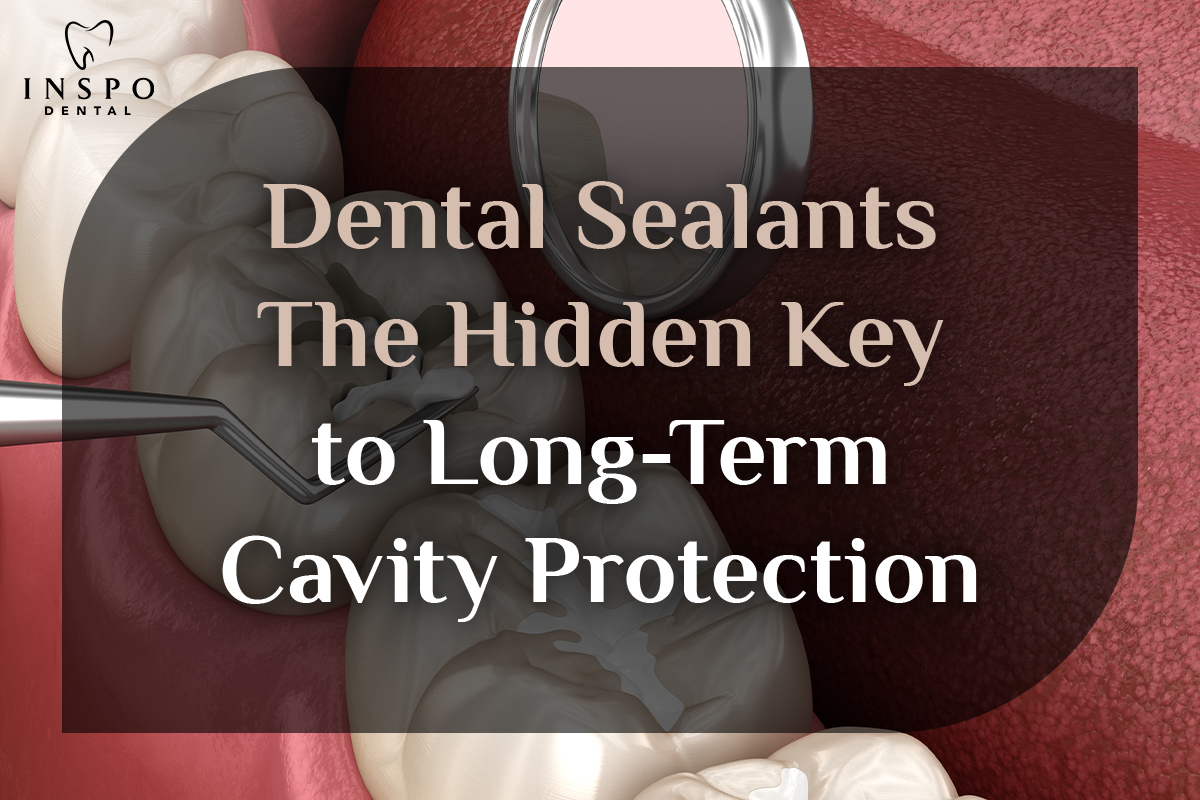
- Tooth Whitening Isn’t Permanent: While teeth whitening can effectively remove surface stains and lighten the color of your teeth, it’s not a permanent solution. Over time, exposure to foods, beverages, and habits like smoking can cause staining to reoccur, requiring touch-up treatments to maintain results.
- Not All Teeth Respond Equally: The effectiveness of teeth whitening can vary depending on factors such as the type of staining, the underlying color of your teeth, and your dental health. Some people may achieve dramatic results with whitening treatments, while others may see only modest improvements.
- Professional vs. Over-the-Counter Whitening: Professional teeth whitening treatments performed by a dentist typically use higher concentrations of whitening agents and may involve custom-made trays for a more precise fit. While over-the-counter whitening products are more affordable and convenient, they may not produce the same level of results as professional treatments.
- Whitening Toothpaste May Not Be Enough: Whitening toothpaste can help remove surface stains and maintain the brightness of your teeth between whitening treatments. However, they may not be sufficient for achieving significant whitening results on their own, especially for deep-seated stains.
- Teeth Whitening Can Cause Sensitivity: Some people may experience temporary tooth sensitivity or gum irritation following teeth whitening treatments. This sensitivity typically resolves on its own within a few days but can be managed with desensitizing toothpaste or gels.
- Crowns and Veneers Can’t Be Whitened: Teeth whitening treatments only affect natural tooth enamel and cannot change the color of dental restorations such as crowns, veneers, or fillings. If you have visible dental work, you may need to consider replacement or alternative cosmetic treatments to achieve a uniform smile color.
- Timing Matters: The timing of teeth whitening treatments can affect their effectiveness. Whitening immediately after professional dental cleanings or while the enamel is still soft from recent acid exposure (such as after consuming acidic foods or beverages) may lead to better results.
- Results May Vary: Individual results from teeth whitening can vary based on factors such as genetics, age, lifestyle habits, and the type of whitening treatment used. While some people may achieve dramatic whitening results, others may see only subtle changes.
- Professional Consultation Is Recommended: Before undergoing teeth whitening, it’s essential to consult with a dentist to assess your dental health and determine the most appropriate whitening treatment for your needs. Your dentist can also discuss potential risks, benefits, and expected outcomes.
- Maintaining Good Oral Hygiene Is Key: To prolong the results of teeth whitening and maintain a bright smile, it’s important to practice good oral hygiene, including regular brushing, flossing, and dental check-ups. Additionally, minimizing consumption of staining foods and beverages and avoiding tobacco use can help preserve your whitening results.
- Teeth Whitening Doesn’t Harm Tooth Enamel: When performed correctly, teeth whitening treatments do not damage or weaken tooth enamel. Whitening agents typically work by breaking down surface stains and lightening the underlying dentin layer, without altering the structure or integrity of the enamel.
- Whitening Gel Ingredients: The active ingredients in most teeth whitening gels are hydrogen peroxide or carbamide peroxide. These ingredients penetrate the enamel and break down stains into smaller, less visible particles, resulting in a whiter appearance.
- Customized Whitening Trays Are More Effective: Custom-made whitening trays, created by a dentist, offer a snug fit and ensure even distribution of whitening gel across the teeth. This personalized approach can lead to more consistent and predictable results compared to generic, one-size-fits-all trays.
- In-Office vs. At-Home Whitening: In-office teeth whitening procedures typically involve stronger whitening agents and may produce faster results compared to at-home treatments. However, at-home whitening kits offer convenience and flexibility, allowing you to whiten your teeth at your own pace.
- Teeth Whitening Is Safe for Most People: Teeth whitening is generally safe for healthy individuals with no underlying dental conditions. However, it may not be suitable for pregnant or breastfeeding women, children under a certain age, or individuals with sensitive teeth or gum disease. Consulting with a dentist before starting any whitening treatment is recommended.
- Whitening Strips vs. Whitening Pens: Whitening strips are thin, flexible strips coated with whitening gel, while whitening pens contain a brush applicator for precise application of whitening gel to the teeth. Both products can be effective for lightening surface stains, but whitening pens may offer more control over application.
- Teeth Whitening Can Boost Confidence: Beyond improving the appearance of your smile, teeth whitening can have a positive impact on your self-esteem and confidence. Feeling good about your smile can enhance your overall sense of well-being and social interactions.
- Combining Whitening Treatments: Some individuals may choose to combine different whitening treatments for enhanced results. For example, in-office whitening sessions can be followed by at-home maintenance with whitening trays or strips to prolong the whitening effects.
- Whitening Results Aren’t Immediate: While some people may notice immediate improvements in tooth color after whitening treatments, full results may take several days to develop as the whitening process continues. It’s important to follow your dentist’s instructions and be patient for optimal results.
- Teeth Whitening Isn’t Suitable for Everyone: Certain individuals, such as those with extensive dental restorations, severe tooth discoloration, or allergies to whitening agents, may not be suitable candidates for teeth whitening. In such cases, alternative cosmetic treatments like dental veneers or bonding may be recommended.
- Teeth Whitening Doesn’t Work on All Types of Stains: While teeth whitening treatments are effective for removing surface stains caused by foods, beverages, and tobacco, they may not be as effective for intrinsic stains that originate from within the tooth structure. Intrinsic stains, such as those caused by certain medications or dental trauma, may require alternative cosmetic treatments like dental bonding or veneers.
- Whitening Toothpaste Can Be Abrasive: Some whitening toothpaste products contain abrasive ingredients that help polish away surface stains. While these toothpaste formulas can be effective for maintaining a brighter smile, excessive use or aggressive brushing with abrasive toothpaste can wear down tooth enamel and cause tooth sensitivity over time. It’s important to use whitening toothpaste in moderation and follow proper brushing techniques.
- Teeth Whitening May Require Touch-Up Treatments: Over time, the effects of teeth whitening treatments may fade due to factors like aging, diet, and lifestyle habits. To maintain a bright smile, periodic touch-up treatments may be necessary. Your dentist can recommend the appropriate frequency and method for touch-up treatments based on your individual needs.
- Teeth Whitening Can Enhance Your Appearance: Beyond simply whitening your teeth, teeth whitening treatments can have a transformative effect on your overall appearance. A brighter smile can make you appear more youthful, attractive, and confident, leading to positive perceptions in social, personal, and professional settings.
- Professional Supervision Is Recommended: While over-the-counter teeth whitening products are widely available, professional supervision by a dentist is recommended for safe and effective whitening results. Dentists have the knowledge, training, and experience to assess your oral health, recommend the most appropriate whitening treatment, and monitor your progress to ensure optimal outcomes.
- Teeth Whitening Isn’t a Substitute for Oral Hygiene: While teeth whitening treatments can improve the appearance of your smile, they do not replace the importance of good oral hygiene practices. Brushing, flossing, and regular dental check-ups are essential for maintaining healthy teeth and gums, as well as prolonging the results of teeth whitening treatments.
- Natural Teeth Whitening Remedies Exist: In addition to professional whitening treatments, there are several natural remedies and home remedies that claim to whiten teeth, such as baking soda, activated charcoal, and hydrogen peroxide. While these remedies may provide temporary whitening effects, they may also have abrasive or acidic properties that can damage tooth enamel if used improperly. It’s important to consult with a dentist before trying any DIY whitening methods.
- Teeth Whitening Is a Personal Choice: Ultimately, the decision to undergo teeth whitening is a personal one based on individual preferences, goals, and priorities. Whether you choose professional whitening treatments or at-home whitening products, it’s important to weigh the potential benefits and risks and make an informed decision that aligns with your oral health needs and lifestyle.
- Teeth Whitening Can Improve Your Psychological Well-being: Research has shown that having a bright, white smile can positively impact your psychological well-being by boosting self-confidence, self-esteem, and overall satisfaction with your appearance. People who are happy with their smile are often more confident in social interactions and may experience improved mental health outcomes.
- Teeth Whitening Is a Non-Invasive Cosmetic Treatment: Unlike some cosmetic dental procedures that require extensive tooth preparation or alteration, teeth whitening is a minimally invasive treatment that can achieve noticeable results with minimal discomfort or downtime. Professional whitening treatments typically involve the application of a whitening gel to the teeth and may be combined with a special light or laser to enhance results.
- Certain Foods and Beverages Can Stain Your Teeth: While teeth whitening treatments can help remove surface stains, avoiding or minimizing consumption of certain foods and beverages can help prevent staining and prolong the results of whitening treatments. Common culprits include coffee, tea, red wine, berries, tomato-based sauces, and dark-colored sodas.
- Age Can Affect Tooth Color: As we age, the enamel layer of our teeth naturally becomes thinner, revealing more of the underlying dentin layer, which is naturally yellowish in color. This can cause teeth to appear darker or more yellow over time, regardless of oral hygiene habits. Teeth whitening treatments can help reverse the effects of aging and restore a more youthful appearance to the smile.
- Teeth Whitening Isn’t Just for Aesthetic Purposes: While teeth whitening is often associated with cosmetic enhancement, it can also have practical benefits for oral health. Removing surface stains and plaque buildup through whitening treatments can improve overall dental hygiene, reduce the risk of cavities and gum disease, and promote healthier teeth and gums.
- Teeth Whitening Can Be Combined with Other Cosmetic Treatments: For individuals seeking a comprehensive smile makeover, teeth whitening treatments can be combined with other cosmetic dental procedures such as dental veneers, bonding, or orthodontic treatment to achieve a harmonious and balanced smile appearance. Your dentist can help create a personalized treatment plan to address your specific concerns and goals.
- Teeth Whitening Isn’t Recommended for Everyone: While teeth whitening is generally safe for most individuals, it may not be suitable for everyone, especially those with certain dental conditions or sensitivities. Pregnant or breastfeeding women, individuals with severe tooth sensitivity or gum disease, and those with extensive dental restorations may need to avoid or delay whitening treatments. Consulting with a dentist is essential to determine candidacy for teeth whitening and ensure safe and effective results.
- Teeth Whitening Can Be Customized: Professional teeth whitening treatments can be customized to meet individual needs and preferences. Your dentist can adjust the strength of the whitening gel, treatment duration, and application method to achieve your desired level of whitening while minimizing sensitivity and discomfort.
- Teeth Whitening Doesn’t Weaken Teeth: Contrary to popular belief, teeth whitening treatments do not weaken or damage tooth enamel when performed under professional supervision. The whitening agents used in dental bleaching treatments are designed to penetrate the enamel safely and break down stains without compromising tooth structure.
- Whitening Can Make Teeth More Porous Temporarily: During the teeth whitening process, the enamel becomes slightly more porous, allowing the whitening agent to penetrate and lift stains more effectively. While this temporary increase in porosity may contribute to tooth sensitivity immediately after treatment, it typically resolves as the enamel remineralizes and strengthens.
- Some Lifestyle Choices Can Impact Whitening Results: Certain lifestyle factors, such as smoking, excessive consumption of staining foods and beverages, and poor oral hygiene habits, can affect the longevity of whitening results. To maintain a brighter smile, it’s important to adopt healthy habits and avoid behaviors that contribute to staining and discoloration.
- Teeth Whitening Isn’t Always Covered by Insurance: While teeth whitening is considered a cosmetic procedure, it may not be covered by dental insurance plans. However, some dental offices offer financing options or membership plans to make whitening treatments more affordable for patients. Be sure to check with your dental insurance provider or inquire about payment options with your dentist.
- Professional Whitening Yields Better Results Than DIY Methods: While over-the-counter whitening products may offer convenience and affordability, professional teeth whitening treatments performed by a dentist typically deliver superior results. Professional-grade whitening agents, customized treatment plans, and expert supervision ensure safer, more effective whitening outcomes compared to DIY methods.
- Teeth Whitening Can Boost Your Professional Image: A bright, confident smile can have a positive impact on your professional image and career success. Research has shown that individuals with attractive smiles are perceived as more trustworthy, competent, and successful in professional settings. Investing in teeth whitening treatments can enhance your appearance and confidence, potentially leading to greater opportunities and achievements in your career.
- Maintaining Good Oral Hygiene Enhances Whitening Results: Proper oral hygiene practices, such as regular brushing, flossing, and dental check-ups, are essential for maximizing the benefits of teeth whitening treatments. Good oral hygiene helps prevent new stains from forming and preserves the brightness of your smile for longer-lasting results.
- Teeth Whitening Can Be Part of a Comprehensive Smile Makeover: For individuals seeking a complete smile transformation, teeth whitening can be combined with other cosmetic dental procedures, such as porcelain veneers, dental implants, or gum contouring, to create a stunning smile makeover. Your dentist can create a customized treatment plan to address all aspects of your smile and achieve your desired aesthetic goals.
Understanding these fascinating facts about teeth whitening can help you make informed decisions about your dental care and achieve the bright, confident smile you deserve. If you’re considering teeth whitening, consult with a dentist to explore your options and create a personalized treatment plan tailored to your needs and preferences.
What’s the best way to whiten your teeth?
The best way to whiten your teeth depends on your individual needs, preferences, and budget. Here are some popular options for whitening your teeth:
- Professional In-Office Whitening: Professional teeth whitening treatments performed by a dentist offer the fastest and most effective results. During an in-office whitening session, a high-concentration whitening gel is applied to the teeth, often in combination with a special light or laser to enhance results. This method typically delivers noticeable whitening results in just one visit to the dentist.
- At-Home Whitening Trays: Custom-made whitening trays provided by a dentist offer a convenient and effective at-home whitening option. The dentist takes impressions of your teeth to create personalized whitening trays that fit snugly over your teeth. You’ll receive professional-strength whitening gel to use with the trays at home, typically for a specified duration each day over the course of several weeks.
- Over-the-Counter Whitening Products: Over-the-counter whitening products such as whitening toothpaste, whitening strips, and whitening pens are readily available at pharmacies and supermarkets. While these products are more affordable and convenient than professional treatments, they may produce less dramatic results and take longer to achieve noticeable whitening effects.
- Natural Remedies: Some people opt for natural teeth whitening remedies, such as baking soda, activated charcoal, or coconut oil pulling. While these methods may provide mild whitening effects and promote overall oral health, they may not be as effective or predictable as professional whitening treatments.
- Professional Whitening Kits: Some dental offices offer take-home whitening kits that combine the convenience of at-home whitening with the professional guidance of a dentist. These kits typically include custom-made whitening trays and professional-strength whitening gel, along with instructions for safe and effective use at home.
- Combination Approaches: For individuals with stubborn stains or discoloration, a combination approach involving both in-office and at-home whitening treatments may be recommended. Starting with an in-office treatment to jump-start the whitening process, followed by at-home maintenance with custom trays, can help achieve optimal results.
Ultimately, the best way to whiten your teeth depends on factors such as the severity of staining, your budget, and your lifestyle preferences. Consulting with a dentist is the first step to determine the most appropriate whitening option for your needs and ensure safe and effective results. A dentist can assess your oral health, discuss your goals, and recommend a personalized whitening plan tailored to achieve your desired outcome.






